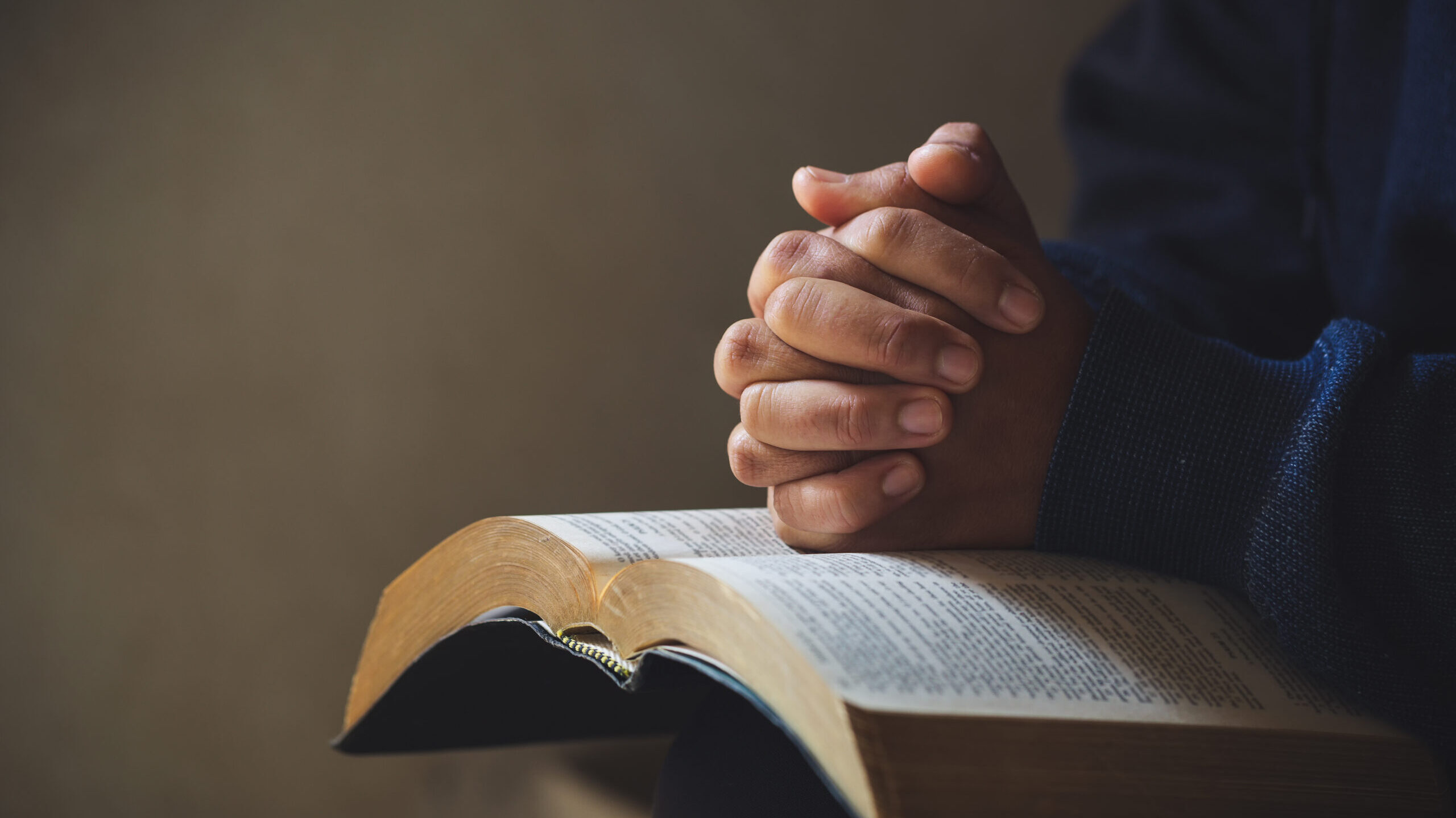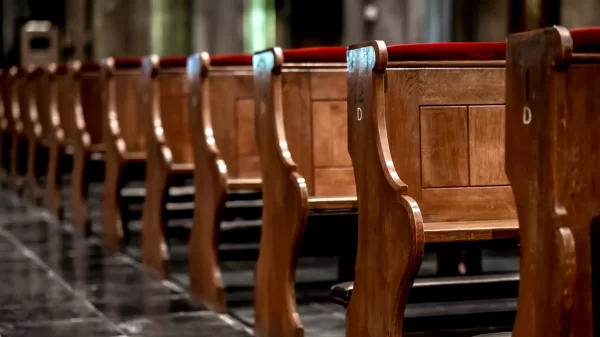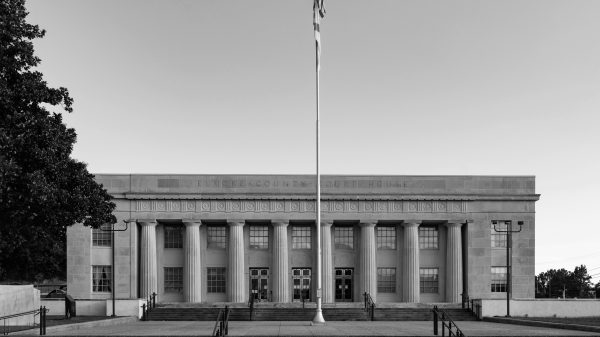Survivors of sexual abuse are awaiting a decision, that could come early this week, as to whether the Southern Baptist Convention’s executive committee will waive attorney-client privilege so that an outside investigative firm can fully delve into how the committee handled allegations of abuse in SBC churches going back decades.
That committee last Tuesday voted to make available $1.6 million to the third-party investigative form Guidepost Solutions, but didn’t agree in that vote to waive attorney-client privilege so that the firm could fully look at how the committee handled the 21 years of sexual abuse allegations.
The decision Tuesday drew criticism from many survivors, numerous executive committee members, and those on the SBC’s Sexual Abuse Task Force, formed at the SBC’s convention in June to oversee Guidepost’s investigation, who’ve said they want to see full transparency and a complete investigation. The committee has until Tuesday, Sept. 28 to make a final decision on the immunity matter.
Liz Evan, a task force member and Tennessee attorney, in a Facebook post, first reported by The Tennessean, said the committee’s vote was a flagrant dismissal of the will of the denomination’s voting delegates, called Messengers.
“A few dozen folks in Nashville decided they know better than the 17,000 Messengers appointed by the churches. Waiver of privilege was not something the Messengers delegated to the EC to consider in their discretion; waiver was a direct and specific command from the Messengers, and it was flouted,” Evan said, referring to the executive committee as EC.
“Please understand the implications of this. They have just opened up the SBC to MASSIVE liability. In every lawsuit against the SBC thus far, the SBC has been able to argue that we are a bottom-up organization, and therefore the SBC itself has no authority over or liability for what happens at the local church level,” Evan continued.
Of the four executive committee members from Alabama who voted last Tuesday, only one voted to waive attorney-client privilege, Pastor Ed Litton of Redemption Church in Mobile. Litton was elected SBC president on June 15, and has been a vocal proponent of a full and complete investigation. The attorney-client waiver measure failed in a 55-20 vote.
APR reached out Friday to all three other committee members from Alabama who voted against waiving attorney-client privilege, but none of them responded. Those committee members are Pastor Tim Cox of Liberty Baptist Church in Chelsea, Melissa Carlisle Golden, a licensed counselor from Prattville whose website states that among the counseling she offers is counseling on trauma and abuse, and Neal Hughes, director of missions for the Montgomery Baptist Association.
Speaking to seminary students earlier this month, Litton said the SBC sent a clear message at the convention that “we are tired of abuse.”
“It has to be dealt with. It needs to be investigated and it needs to be looked at thoroughly,” Litton said then.
Asked by APR on Friday if the executive committee’s handling of abuse allegations can be investigated thoroughly without that waiver of attorney-client privilege, Litton said in an interview that he’s confident that the investigation will proceed, but he was uncertain how the executive committee was going to “work this out” and noted that some with knowledge of the matter may give information to Guidepost without need of waiving their attorney-client privilege.
“But I believe that the vast majority of people who voluntarily give their information, and the things that are not under attorney client privilege, will give us a very good picture of what’s going on,” Litton said. “To me, when an organization wants transparency and that’s the priority, they should, best practice, open the doors. We’re gonna try to get there the best we can.”
“A lot of people who know things have already said, we’re willing to talk,” Litton said. “You don’t need a waiver when a person waives it themselves by being forthright.”
A woman who spoke to APR said she disclosed her abuse to her Baptist pastor as a young teenager, but that he disregarded the abuse and helped to cover it up. APR is referring to the woman, who asked not to be identified, by the name Rylee. She has a masters in divinity from a Southern Baptist Convention seminary.
“As a trauma survivor who grew up in a SBC church, worked at a SBC entity and received a MDiv from a SBC Seminary, I am amazed and ashamed that we protect abusers and rapists with the same mouth that we use to proclaim the Gospel,” Rylee said in a statement to APR.
“When my abuse was disclosed to my pastor as a youth, it should have been immediately reported to the police, not dismissed. The job of the church is to report either to DHR or the police. Period. When we dismiss abuse allegations rather than report them, we are telling survivors that what happened to them does not matter. We are telling them that the reputation of their abuser is more important than the truth,” Rylee continued.
“This is precisely what is at stake. As Southern Baptists, do we care more about the reputation of abusers or about the truth and the healing of survivors? If there is nothing to hide, then why hide? One way or another the truth will come out. The lights will be turned on and the roaches will flee,” Rylee said. “The question is are we willing to care enough about trauma survivors to bring truth to all that has happened? Or will we (as survivors) continue to be told we have no place in the church?”
Rylee also asked APR to relay a question to Litton.
“As much pain as my tradition has caused me, I continue to hold onto hope that they will do the right thing. What would you say to survivors like me who feel as if our story doesn’t matter, our voice isn’t heard, to us who are afraid to speak up for fear of not being supported and being rejected again?” Rylee asked.
Litton, in response, said he’s spoken to many survivors of abuse, and a love of the church is a common theme.
“They love this denomination. This convention of churches. They love what it stands for. What we say we believe, and I wouldn’t give, ever, false hope that all these things I promise will be cleared up,” Litton said. “It’s a difficult, challenging thing to do. However, I think they should take heart at the fact that the voice of the convention in Nashville was so loud, and overwhelmingly, overwhelmingly clear that this is what they want to get.”
Litton said he’s challenged Southern Baptist leaders to not treat the convention like a child “whose hand we have to hold.”
“But look at ourselves as holding their trust in our hands, because at the end of the day, for leadership, we have to seek to find out the truth. To get it out there, and no matter how ugly it might be. From that point we have something to build trust upon. Her trust has clearly been violated,” Litton said of Rylee.
Litton said he “absolutely” believes that transparency is critical, and that he’s confident in the task force and Guidepost.
“And I hope that if there’s any resistance it will be minimal, if there is. My hope is they’ll be able to present to Southern Baptists a clear picture of what has happened, and then we have to take that and say, okay. What needs to change about us? What is it in our culture that needs to change in order to make sure that people like the person you’re talking to is, first of all, protected. That it doesn’t happen, but then, secondly, that they can find healing grace in the midst of all this, and mercy,” Litton said.
The real work may begin after the report is released, Litton explained.
“And we really haven’t thought enough about that. That’s something that maybe in the next few months we need to give a lot of attention to, even how we approach the implementation of those things at every level,” Litton said.
The SBC’s sexual abuse crisis came to the public’s attention after The Houston Chronicle and The San Antonio Express-News’s expansive 2019 investigation that found 700 victims of abuse over a 20-year span. Despite victims pleading with the SBC to stop allowing the abusers to move from church to church, the SBC declined to draft a registry to track those predators.
Approximately 200 pastors, Sunday school teachers, deacons and other church leaders were convicted in connection with those sexual abuse cases during those 20 years, the newspapers reported, and many more were accused but not convicted, or were sued civilly.





















































